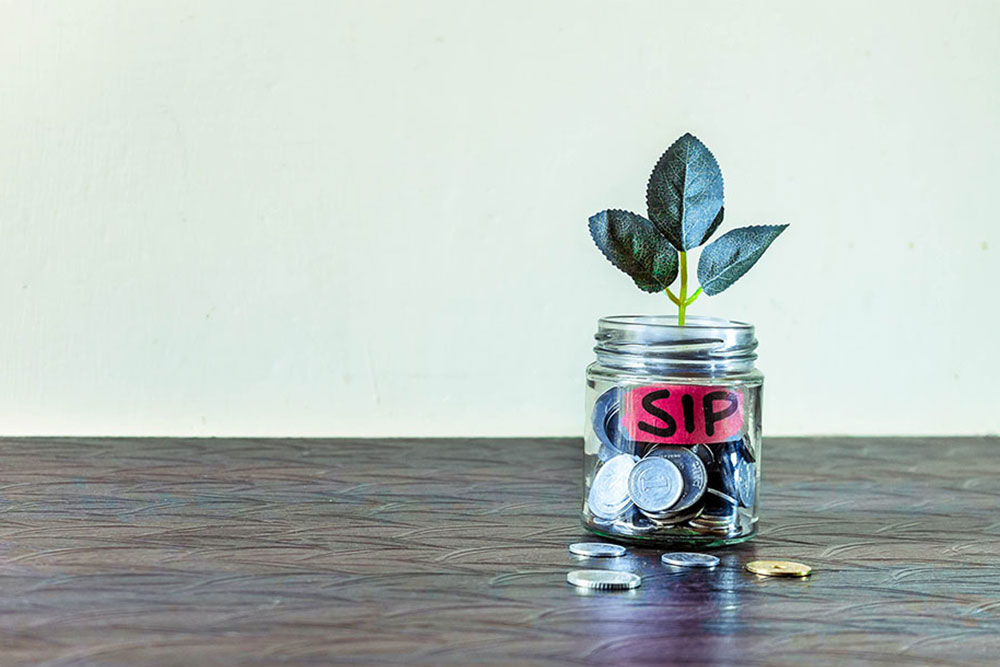Your 20s marks a period of significant transition. One is stepping into adult in the larger sense of the term, and beginning a career. Many will have their first jobs in their early twenties, and with that, comes the power of making financial decisions. According to Harsh Jain, co-founder and COO, Groww, an investment platform, one may be drawn to indulge, but it is this time that would set the tone for a financially independent future.
To begin with, irrespective of the money you make, Jain advises you follow certain steps. “Start by making a budget, and make sure you stick to it. It is important to save a certain amount every month, and also invest in an emergency fund. Additionally, several youngsters often fall into the ‘buy now,pay later’ trap. While this seems like a good option, not keeping a tab on it might lead to you falling into a debt trap where the interest and other charges will multiply your debt, making it impossible to tackle at a later stage. Finally, plan long term. Investing early on will help you benefit from the power of compounding. Start small but have a disciplined approach and invest regularly. Investing via SIPs can help you maintain this discipline,” Jain explains.

Since many start planning for their future in this decade, taking loans is common. So how can one tackle that? “Repaying a home loan can be difficult, thus, you can target smaller loans like student loans, personal loans, and credit cards, and clear them as soon as you can. Also, if you have multiple loans, you might want to check with your bank if it offers any debt consolidation service and try to bring all loans under one umbrella while availing of some discount in interest rates,” says Jain.

Besides managing incoming money and paying off loans (if any) simultaneously, some may even decide to tie the knot and plan a family in their 20s, and just like every aspect, this too requires planning in advance. “Keep money aside depending upon the scale of the wedding you desire. Having a baby is a big financial commitment too. Right from the time the couple gets pregnant, to hospitalisation expenses for delivery, postnatal care, and everything that follows, finances play a huge role in determining the way the child is brought up. Make sure you have a family floater health plan that covers the rising costs of healthcare as well and your emergency fund has sufficient balance to support additional expenses that accompany child care. You can also start building a corpus to meet the future educational needs your child will have.”

Investing avenues
While it has been established that planning is crucial, a man/woman in their 20s is also probably new to the world of investing and managing their money. Jain suggests some of the best avenues to invest when you are in your twenties:
• Mutual Funds – These are investment trusts that are run and managed by professional fund managers. Hence, you can invest in the equity and/or debt market without worrying about understanding the factors that affect them. All you need to do is find a scheme that invests in avenues that you are interested in, look at its performance in recent times and through different market cycles, and start investing. To meet your long term goals you can create a diversified equity portfolio with one or two top performing funds of a particular category (small cap, large cap, and mid cap). To build corpus for emergencies, you can consider liquid funds, as they offer better returns than a savings account, as well as high withdrawal flexibility.

• Stocks – While investing in stocks is considered risky, your 20s is the time when you can afford to take a few risks. If you invest in the stocks of a fundamentally strong company and it does not perform well for two to three years, you can hold on to it and wait until it bounces back generating good returns on your investment. However, invest in stocks carefully and learn about the markets and stock investing before risking your hard-earned money.
• Public Provident Fund (PPF) – A PPF is another popular investment option among people in their early twenties. It is a retirement savings scheme offered by the central government. When you open a PPF account, you need to invest at least Rs 500 up to a maximum limit of Rs 1.5 lakh every year. It offers tax benefits and comes with a lock-in period of 15 years that can be extended further.